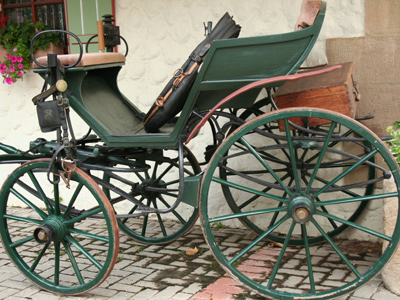
Strange Case of Dr Jekyll and Mr Hyde - Illustrating and Supporting Points
This GCSE English Literature quiz focuses on illustrating and supporting points in Robert Louis Stevenson's Strange Case of Dr Jekyll and Mr Hyde. Offering evidence for the points you make about a text makes your essay writing far more persuasive. It also shows how carefully you read and understand what you have read. By referring specifically and accurately to evidence from a text, you make your writing much more effective. This essential skill is not the easiest to learn and definitely requires practice. Attention to detail and punctuation is also required in order to get things right. This quiz is designed to test the vital literary skills of quoting evidence from a text in support of a point. How well are you able to identify the answers which have done this accurately? When writing your own essays or exam answers, don’t forget to follow up your quotation with an explanation, too!
Ready for more?
not all...
quizzers. Try to win a coveted spot on our Hall of Fame Page.







